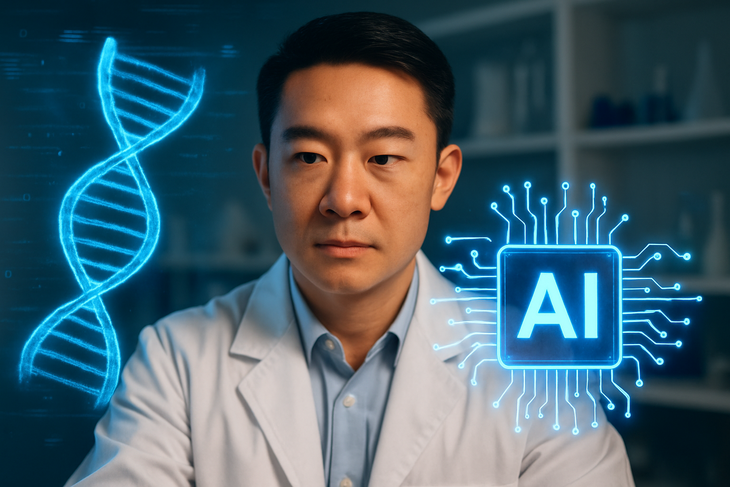
AI Applications in Biotechnology
Once, biodesign was the work of sophisticated molecular biology labs. Now, artificial intelligence (AI) has opened up a new field: computational biodesign.
Instead of spending years experimenting with traditional biology, scientists can now “program” organisms like writing software, and AI is the tool that accelerates that breakthrough.
AI designs DNA sequences: From simulation to creation
According to Tuoi Tre Online , decoding DNA used to be a great feat in biology, but now it is just the beginning. With the help of AI, the process has shifted from "reading" to "writing" genetic code. Deep learning models are trained on millions of gene sequences, capable of recognizing the structure, function and even predicting how genes work in cells.
A prime example is tools like ProGen, a genetic language model that works similarly to ChatGPT, but instead of generating text, it generates new protein sequences. These AIs not only “compose” genes, but also evaluate their folding, biological activity, and utility.
The important thing is that AI does not replace scientists , but helps them significantly shorten the time of testing and optimization. A DNA sequence can have billions of different combinations, which is almost impossible to test manually. AI helps to choose the most feasible combinations, much faster and more accurately.
Great opportunity, great challenge
Thanks to AI, biotech companies are creating bacteria that can degrade plastic, more drought-resistant crops, and even personalized vaccines for each person.
In medicine, AI codes for tumor-dissolving enzymes, highly specific antibodies, or biomolecules used for early cancer diagnosis.
However, many experts warn that this technology also has the potential to be abused . AI can be used to design dangerous viruses or biological agents if it falls into the wrong hands. Therefore, along with the speed of development comes the urgent need for ethical control, transparency of training data sources and biosafety monitoring.
Additionally, the technology is still data-dependent, meaning AI is only as strong as the amount of accurate, diverse biological data available. In areas that are not yet fully researched, AI can still produce “faulty designs,” or ones that are not biologically relevant in real life.
Finally, there is also the issue of genetic copyright : When an AI creates an unprecedented DNA sequence, who owns it? The researcher, the company, or the AI model?
The future of biodesign could be like software programming
We are entering an era where organisms are not just discovered, but “written” from scratch by machines. Just as a programmer writes code for an app, a future biologist could design a particular microorganism or protein by describing the requirements, leaving the AI to calculate the rest.Source: https://tuoitre.vn/ai-thiet-ke-chuoi-adn-mo-ra-ky-nguyen-moi-cong-nghe-sinh-hoc-20250627104654027.htm



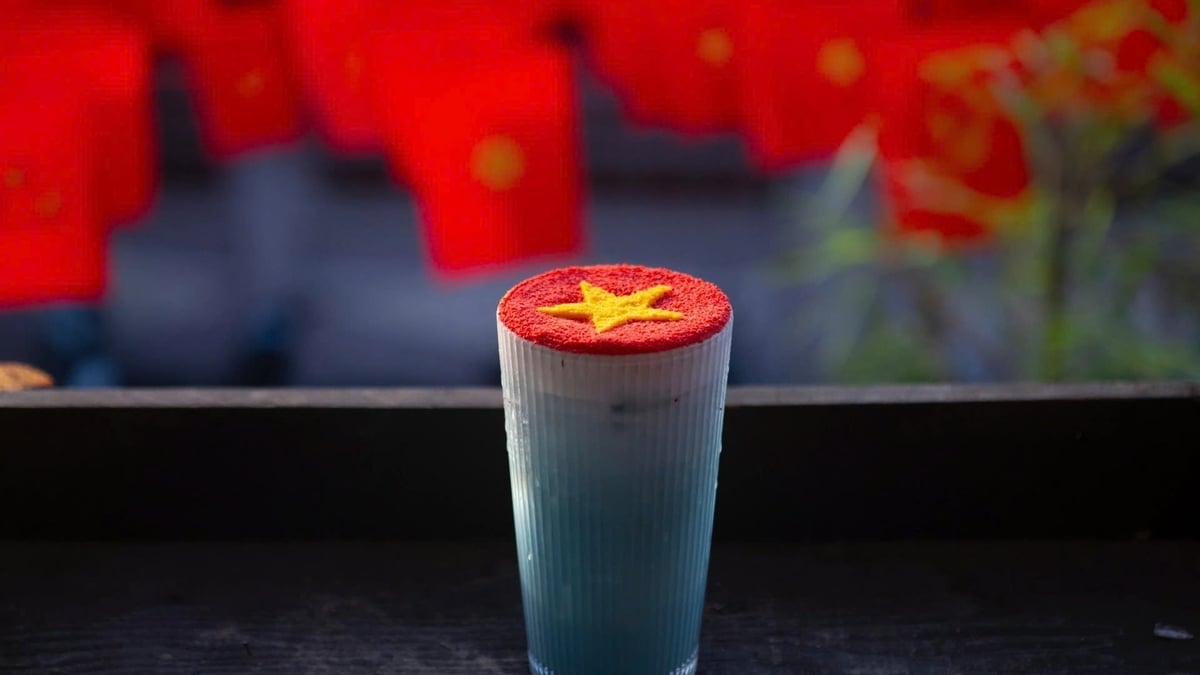
![[Photo] Many people eagerly await the preliminary review despite heavy rain](https://vphoto.vietnam.vn/thumb/1200x675/vietnam/resource/IMAGE/2025/8/27/4dc782c65c1244b196890448bafa9b69)
![[Photo] Brilliant red of the exhibition 95 years of the Party Flag lighting the way before the opening](https://vphoto.vietnam.vn/thumb/1200x675/vietnam/resource/IMAGE/2025/8/27/e19d957d17f649648ca14ce6cc4d8dd4)
![[Photo] Prime Minister Pham Minh Chinh chairs meeting of National Steering Committee on International Integration](https://vphoto.vietnam.vn/thumb/1200x675/vietnam/resource/IMAGE/2025/8/26/9d34a506f9fb42ac90a48179fc89abb3)


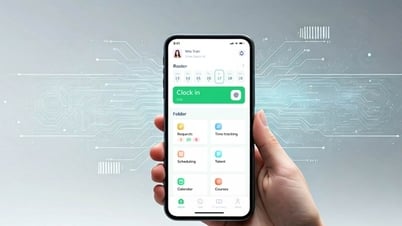



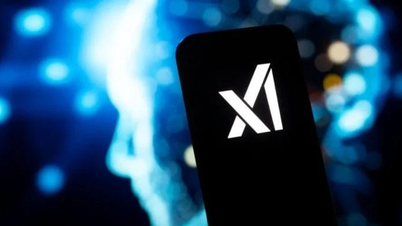

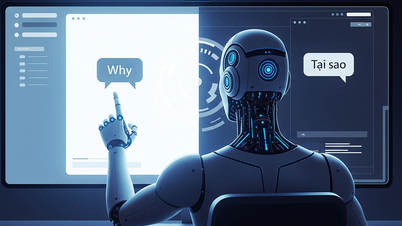
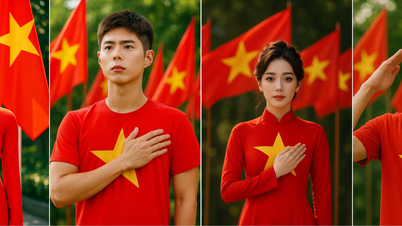
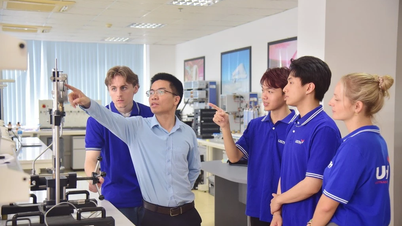

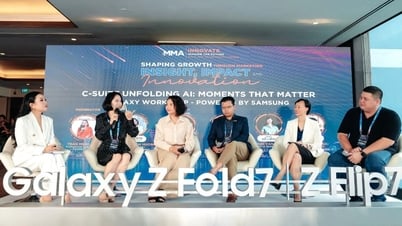
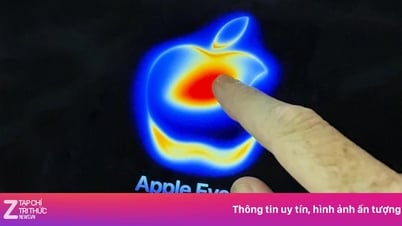

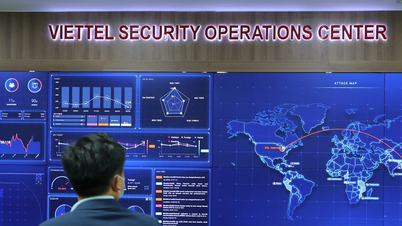
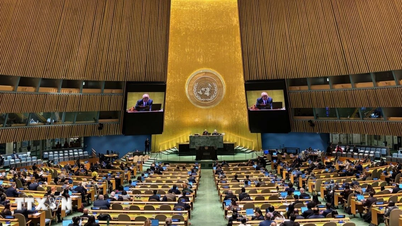
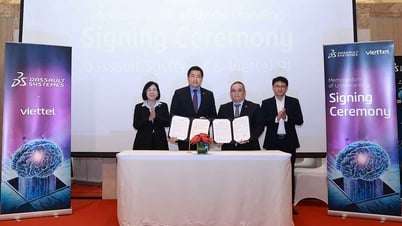







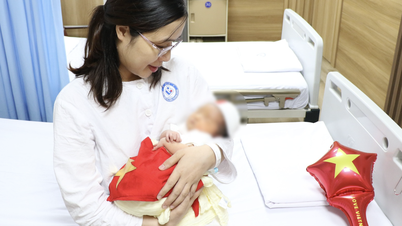



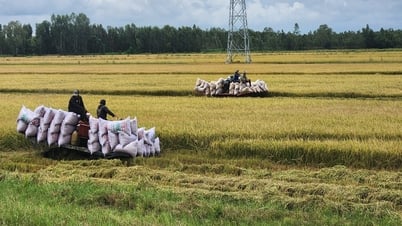





















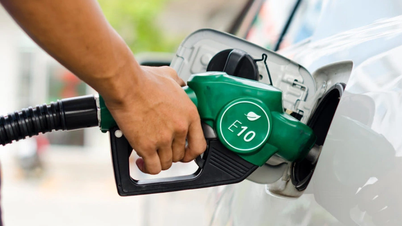




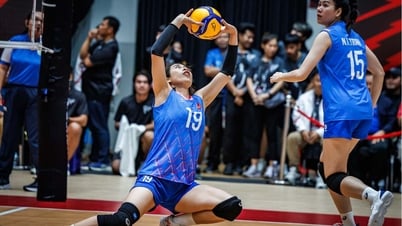
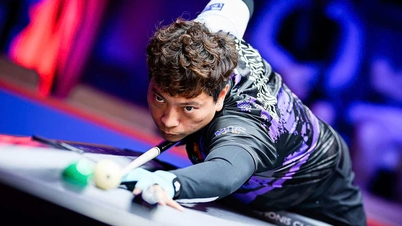

![[Photo] General Secretary To Lam attends Meeting with generations of National Assembly deputies](https://vphoto.vietnam.vn/thumb/402x226/vietnam/resource/IMAGE/2025/8/27/a79fc06e4aa744c9a4b7fa7dfef8a266)
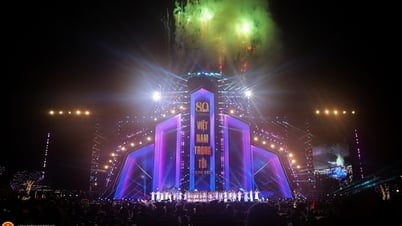

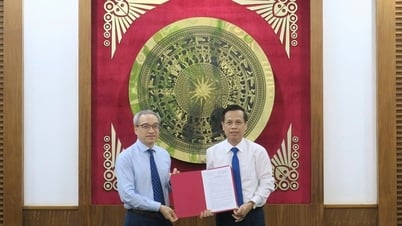
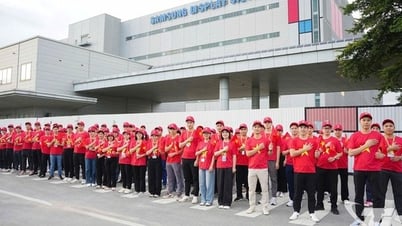
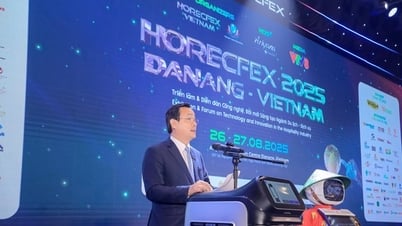


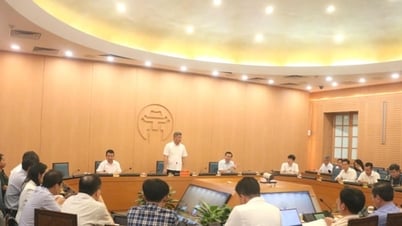

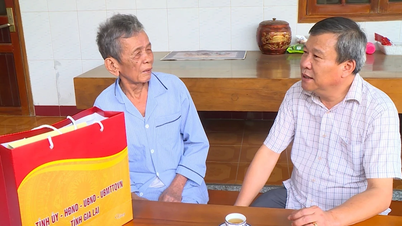
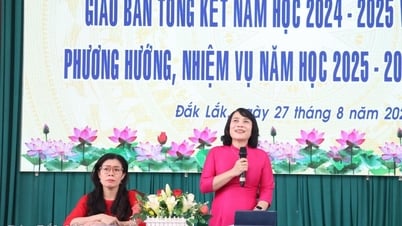

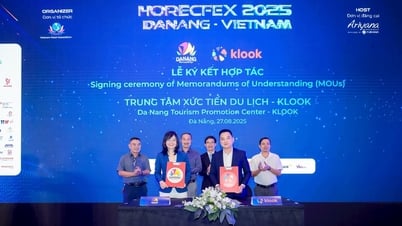















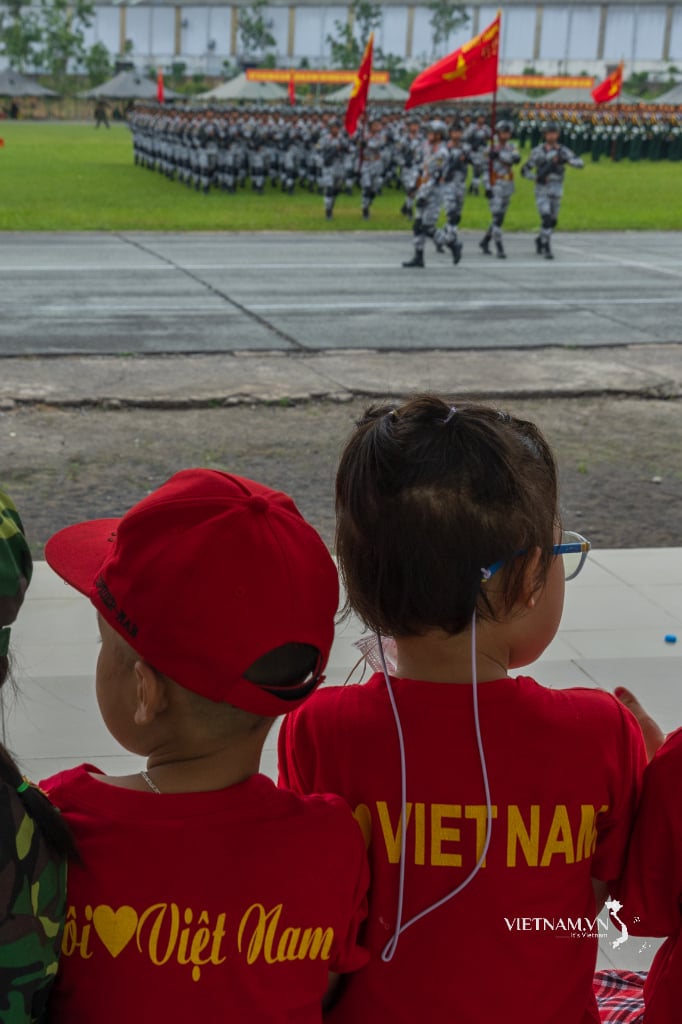

Comment (0)